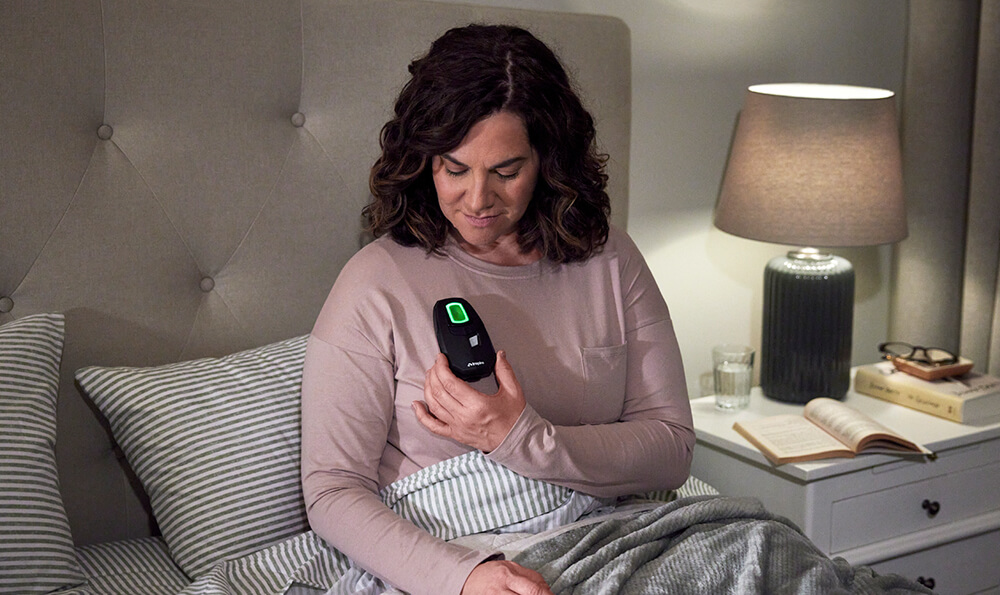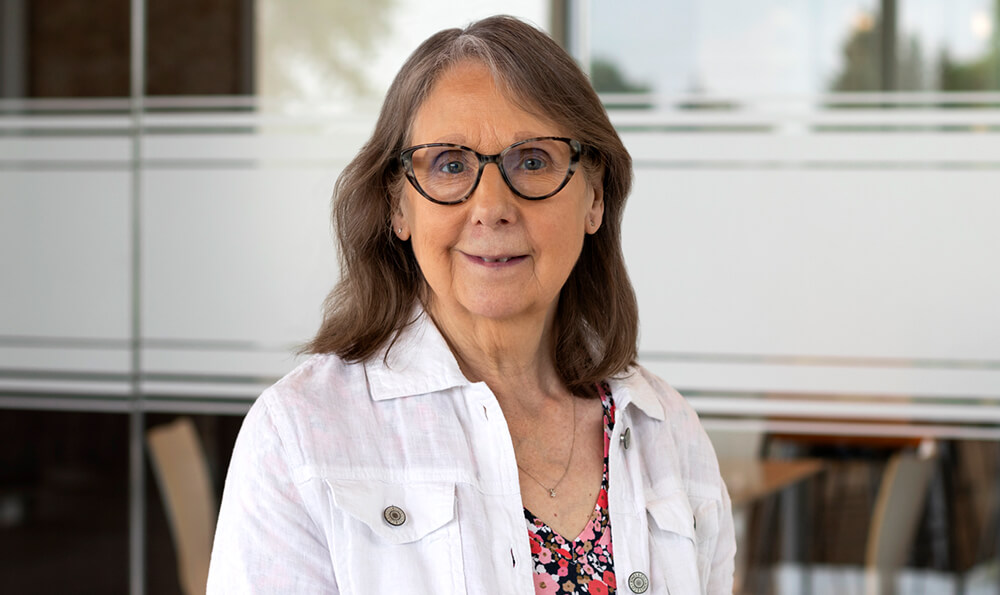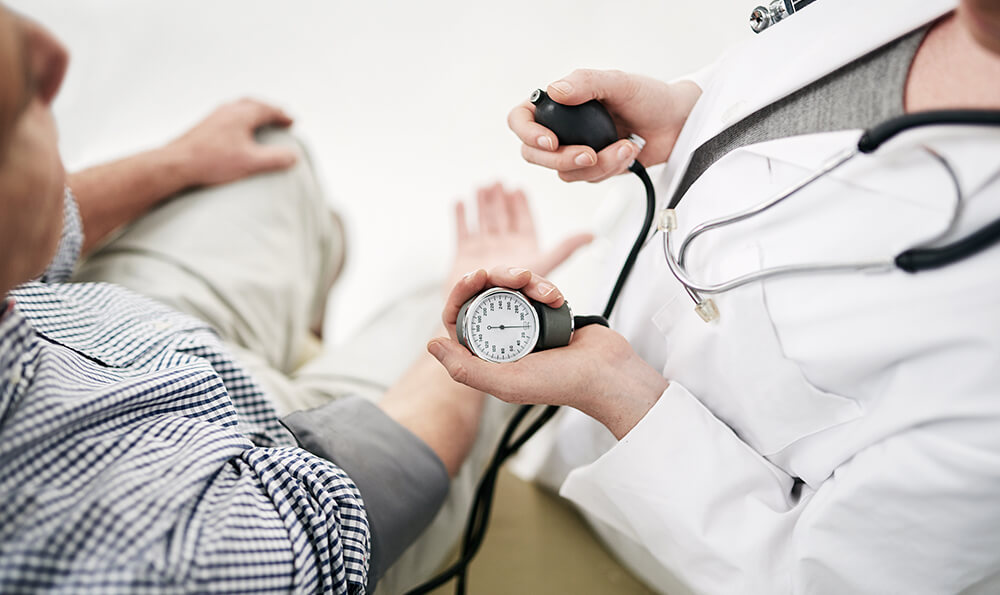Health & Wellness
Health Tips
Top Five Questions Your Gynecologist Wishes You Would Ask
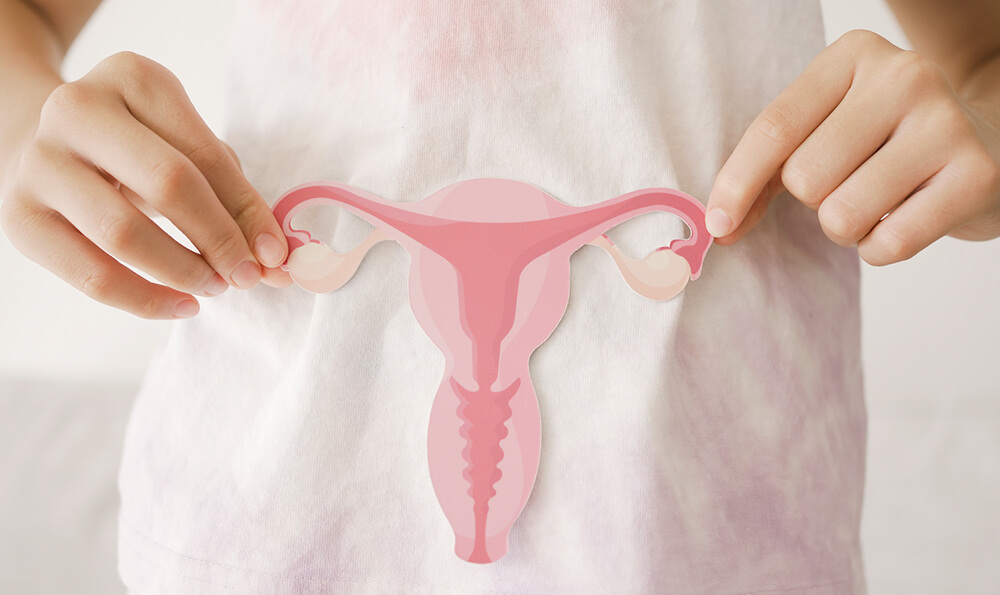
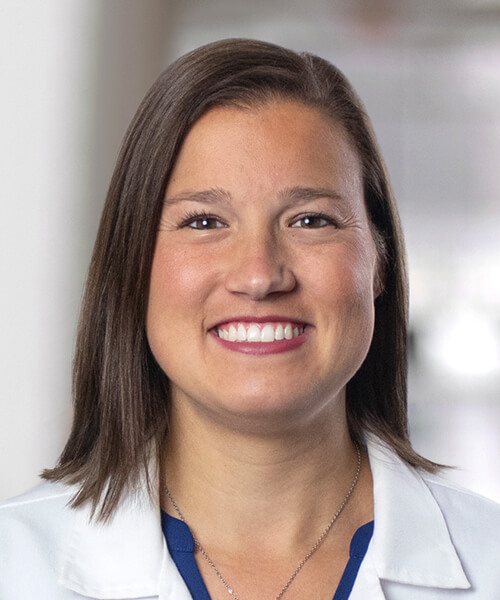 Maggie Stroup, DO, enjoys serving women of all ages with their gynecologic and obstetric needs as part of the Avina Women’s Care team. Her care philosophy is treating each patient with compassion, empathy, and respect. Dr. Stroup is accepting new patients – schedule with her by calling (937) 644-1244.
Maggie Stroup, DO, enjoys serving women of all ages with their gynecologic and obstetric needs as part of the Avina Women’s Care team. Her care philosophy is treating each patient with compassion, empathy, and respect. Dr. Stroup is accepting new patients – schedule with her by calling (937) 644-1244.
When it comes to the female body, it can be hard to know what’s “normal” or what your body needs due to often-conflicting information that exists. Like many women, you may be wondering what’s going on in your body or if you’re healthy, but haven’t yet talked about it with your healthcare provider. However, getting the answers to your health questions is an important part of understanding your body and its health needs.
- What tests should I have done and when?
It is important for women of all ages to get regular check-ups at their gynecologist to stay healthy and detect any potential issues early on. Ask me about which tests are recommended based on your age, health history, and lifestyle factors such as sexual activity or birth control use.- Generally, women should get pap smears beginning at the age of 21.
- HPV testing should start by age 25 and be done every five years, depending on personalized recommendations of your healthcare team.
- Mammograms are usually made available to women beginning at the age of 40.
- Bone density screening is recommended for women beginning at the age of 65.
- Each of these recommendations is based on your personal medical history.
- What are my protection options?
Whether you are looking to prevent pregnancy and/or STIs, there are several different protection options available for both men and women. Of those protection options, the most common are barrier birth control methods (for example, condoms), long-acting reversible contraceptives (like IUDs and implants), in addition to birth control pills.Let’s talk about the different options available to figure out what’s best for your body to help prevent an infection and/or unwanted pregnancy. - Why do I experience heavy bleeding during my periods?
Heavy bleeding during periods is the woman’s worst nightmare. Not only do you have to double up on pads, but you are constantly concerned about leaving blood stains on your seat. All of this makes that time of the month unbearable for you. If you can relate, let’s talk together about your situation. There could be an underlying health issue or the onset of menopause or a bigger issue in the making. Speak up as soon as you get a chance to see your doctor. - When can I expect to go through menopause?
The process of menopause does not happen overnight but is instead a gradual process. The average age of menopause is 51 but may occur as early as the 30s or as late as the 60s. Let’s talk about your family history related to menopause, and other factors that may help predict when you’ll transition into menopause or what symptoms you can expect. - Am I healthy?
The entire point of having regular checkups is to make sure you’re at optimal health, so sometimes you just need to ask if you are healthy and if everything looks normal. Your gynecologist or healthcare provider should not only be checking aspects of your reproductive health, but also evaluating other areas of your health like your mental well-being. Asking this question and being able to check all the boxes for your overall wellness can be a great feeling and help eliminate anxiety or answer questions you’ve had about your health.

